Despite consistent calls to reduce the cost of governance and curb excessive borrowing to pay salaries, about 12 state governors have appointed no fewer than 4,385 aides since assuming office in 2023, Saturday PUNCH can confirm.
Section 196(1) of the 1999 Constitution as amended empowers state governors to appoint aides in the form of Special Assistants, Special Advisers, Senior Special Assistants, Technical Assistants, Media, and Personal Assistants to assist them in the performance of their functions.
While some of the new governors hired fewer than 50 aides, others, especially the governors of Taraba, Ekiti, Niger, Enugu, Adamawa, Kano, Plateau, Akwa Ibom, Cross River, Borno, Yobe, and Kogi states, have so far appointed a combined 4,385 aides since coming into power last year.
In May 2023, Kogi State Governor, Usman Ododo, appointed 43 SAs and 131 SSAs, totaling 170, according to a statement signed by the Secretary to the State Government, Mrs Folashade Ayoade.
Also, the Yobe State House of Assembly approved no fewer than 24 SAs for the state governor, Mai Mala Buni, in the same month.
On June 6, 2023, the Adamawa State House of Assembly approved 50 SAs for Governor Ahmadu Fintiri.
The governor later appointed 47 media aides, sparking widespread outrage in August, and another 103 assistants in October.
Also in June, Borno State Governor, Babagana Zulum, made 12 appointments.
That same month, Enugu State Governor, Peter Mbah, appointed 24 SAs and advisers, according to a statement issued by the State Government Secretary, Chidiebere Onyia, while the state House of Assembly approved another 50 SAs for the governor in July.
Last year, Governor Abba Yusuf of Kano initially appointed 81 aides on August 7 before appointing 115 new SAs, SSAs, and Special Reporters on September 1, and another 94 assistants on September 26, taking the tally of his aides to 290.
Similarly, on September 15, 2023, Plateau State Governor, Muftwang, appointed 136 SAs, according to a statement signed by his Director of Press and Public Affairs, Gyang Bere.
In October last year, Governor Umo Eno of Akwa Ibom State appointed 368 PAs, while his Taraba State counterpart, Agbu Kefas, reportedly appointed a total of 194 assistants.
In August last year, Niger State Governor Mohammed Bago approved the appointment of 131 women into various political positions and 26 SAs, while Ekiti State Governor, Biodun Oyebanji, appointed no fewer than 162 aides in November.
The governors also continued the profligacy in 2024 as Muftwang appointed no fewer than 204 aides in March.
The following month, Oyebanji approved the appointment of 110 SAs, SSAs, and TAs.
In May 2024, Fintiri added 182 SAs to his retinue of aides, according to a statement issued in Yola, the state capital, by the governor’s Chief Press Secretary, Humwashi Wonosikou.
That same month, Gov. Zulum again appointed another 168 assistants, followed by another four SAs and five STAs on August 13, just as his Yobe State counterpart, Buni, appointed 28 new SAs in July.
Between Monday, July 15, and Tuesday, July 16, 2024, Governor Kefas appointed a total of 1,075 SAs, SSAs, and constituency SAs, among others, according to a statement issued by the state SSG, Gebon Kataps.
In a statement issued on Monday, August 19, 2024, the Kogi State SSG said Gov. Ododo appointed 1,192 new aides, while Cross River State Governor, Bassey Out, hired 83 aides in July.
However, Saturday PUNCH gathered that the domestic and external debt profile of the states increased greatly within the first six months of the new governors’ administrations.
According to the data published by the Debt Management Office recently, the domestic debt of Niger State increased from N121.95bn to N139.80bn in the six months between June and December 2023 under Bago.
Similarly, Plateau State’s domestic debt surged to N173.93bn from N157.62bn within the same period under Mutfwang.
The same is true for Cross River State, as its domestic debt moved from N204.05bn to N220.20bn in six months under Otu over the same period.
Also, about eight states incurred a total of $89,747,901 in external debts within the first six months of the new administrations, according to the DMO.
Cross River recorded the highest foreign debt increase during the period, as it moved from $153,168,738 in June to $211,125,104 in December last year. It was followed by Ekiti, whose external debt stock rose from $103,479,209 to $121,049,293.
Kano’s debt was the third highest, moving from $101,319,905 to $107,920,953, while that of Adamawa increased from $100,919,509 to $103,196,881.
Niger State’s debt rose from $66,791,105 to $68,056,534, and Taraba’s debt moved from $21,918,173 to $23,427,411.
Commenting on the need to reduce the cost of governance across the country, the Chairman of the Nigerian Institute of Quantity Surveyors in the Lagos chapter, Olujide Oke, recently said cutting needless spending and pruning the size of government appointees would help state governments have more funds to channel into crucial areas for development.

 2 months ago
7
2 months ago
7


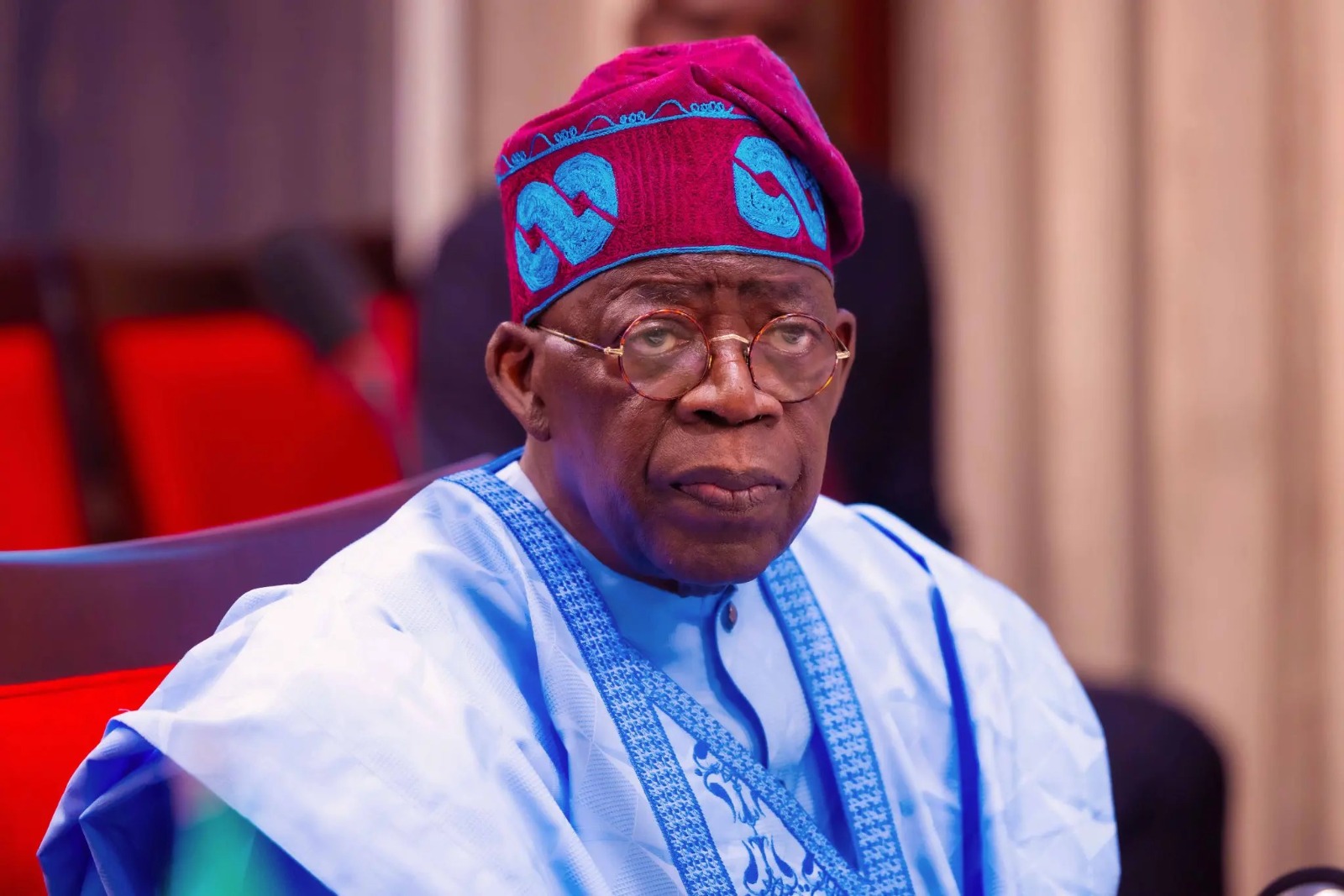

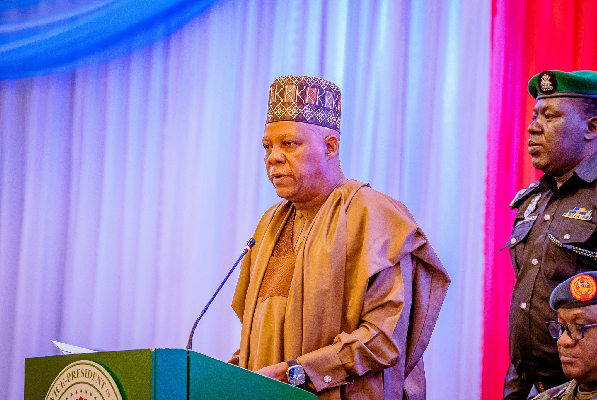


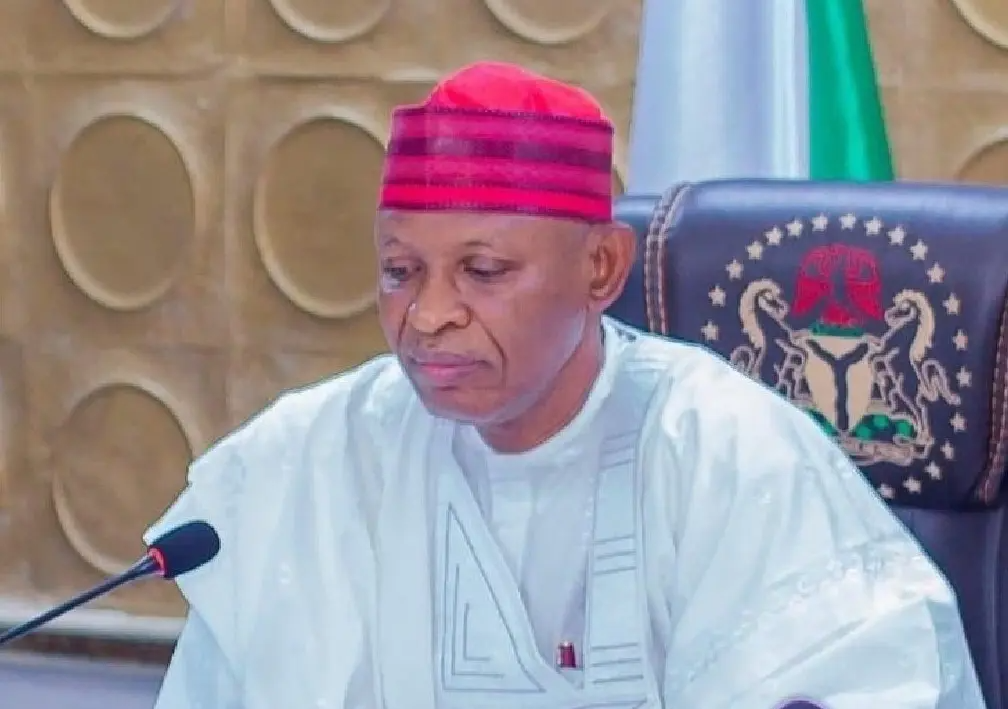


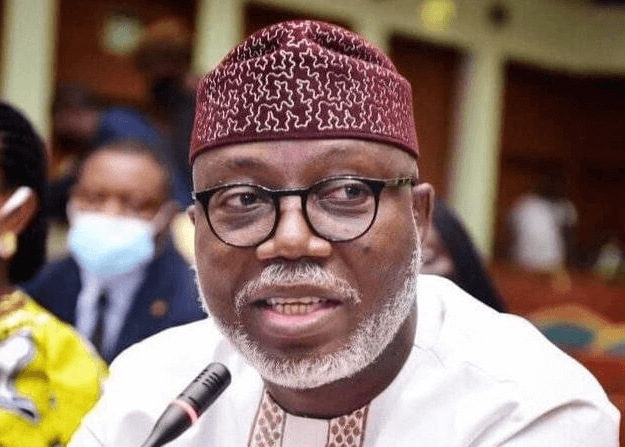


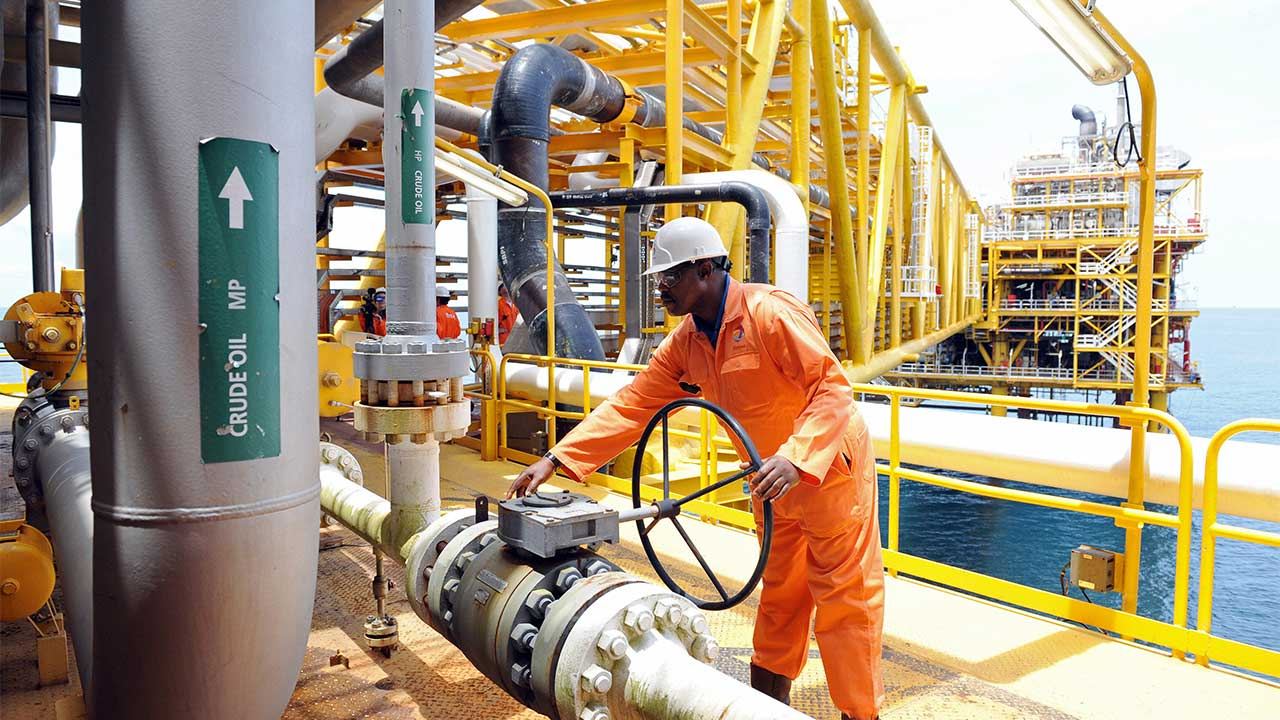
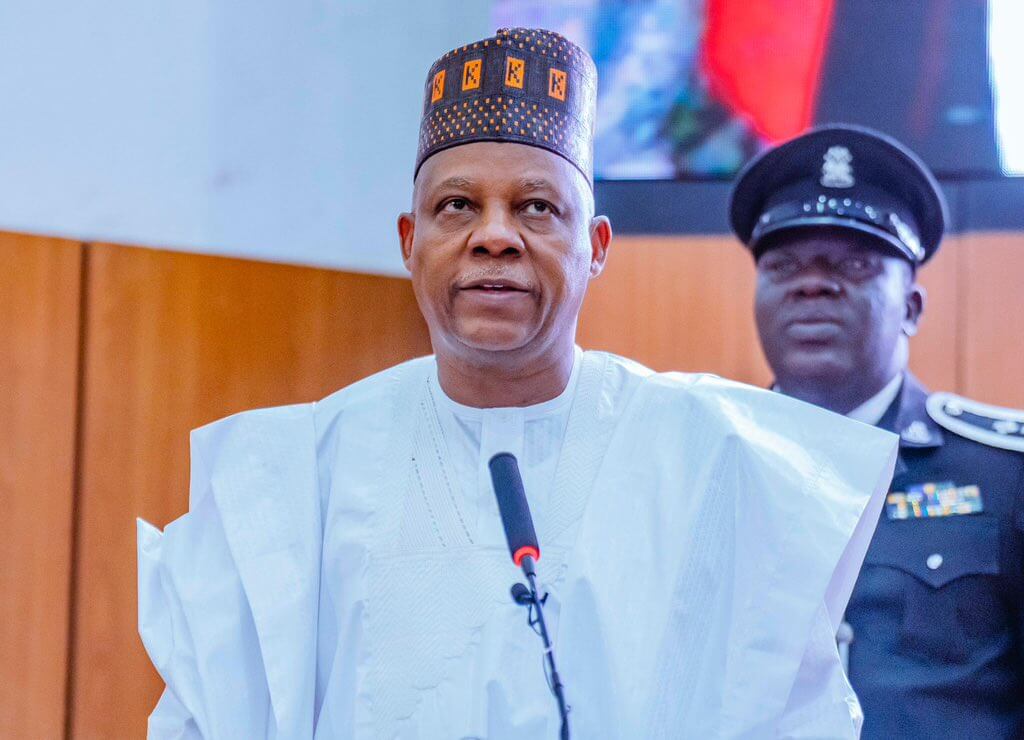
 English (US) ·
English (US) ·